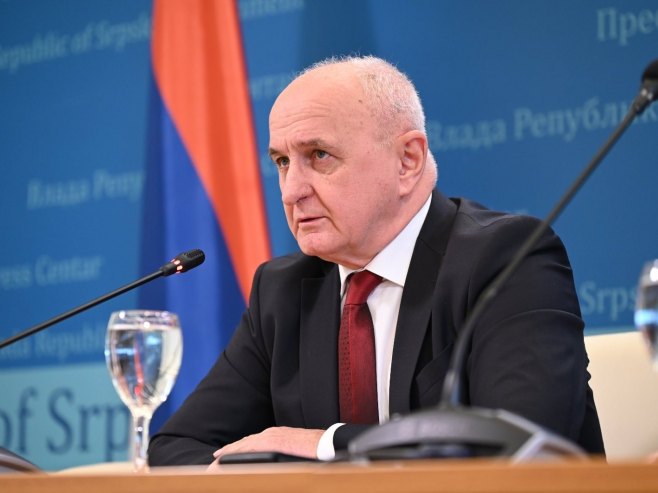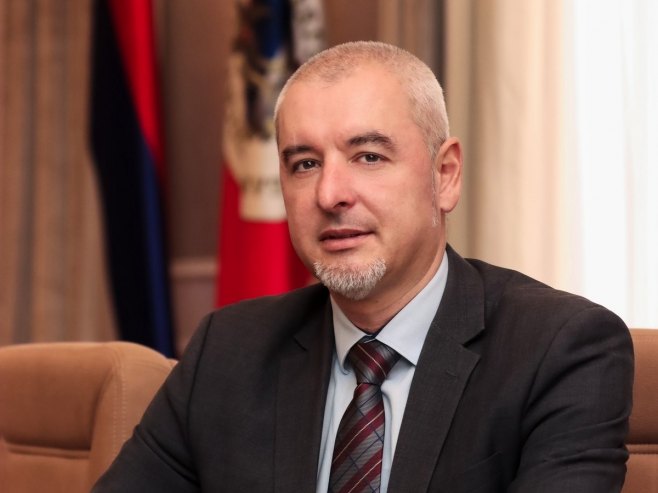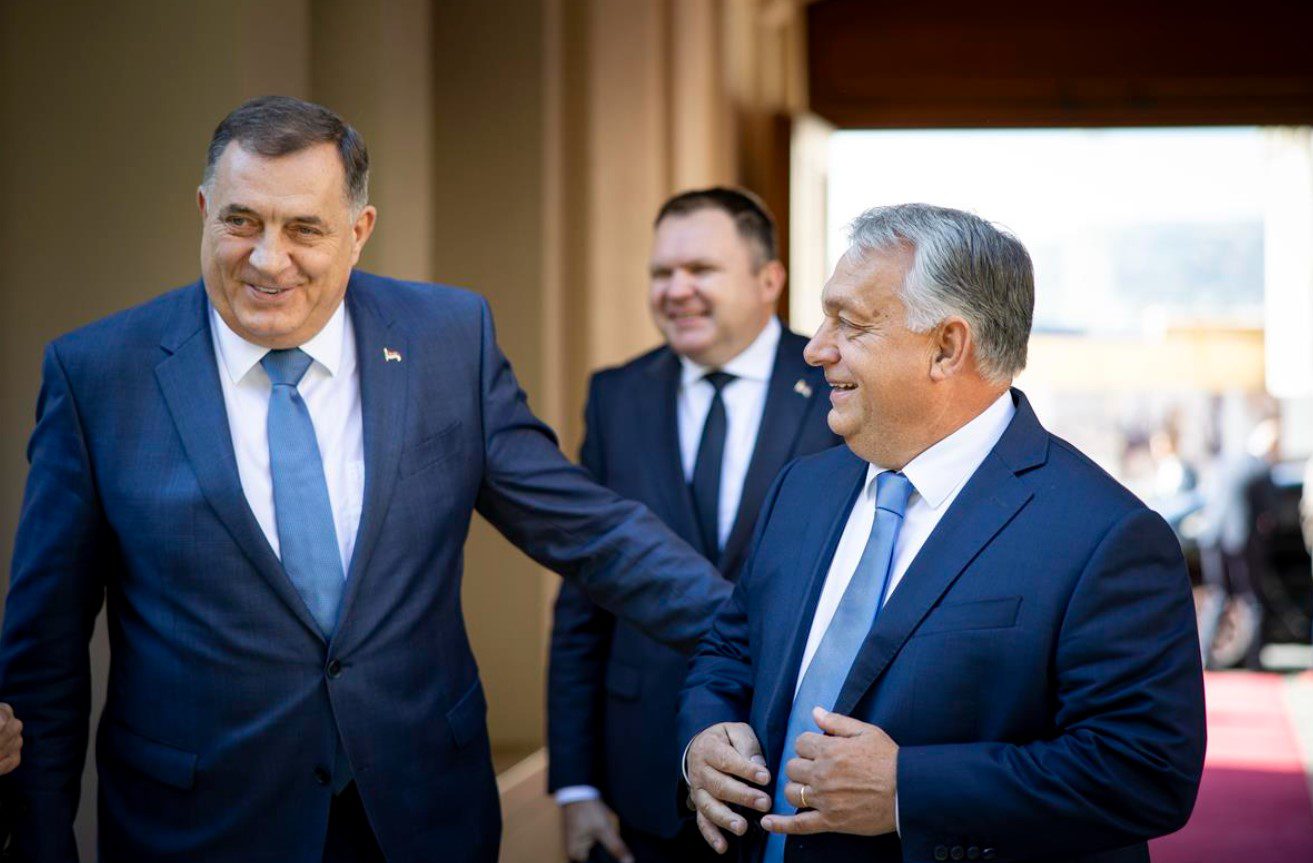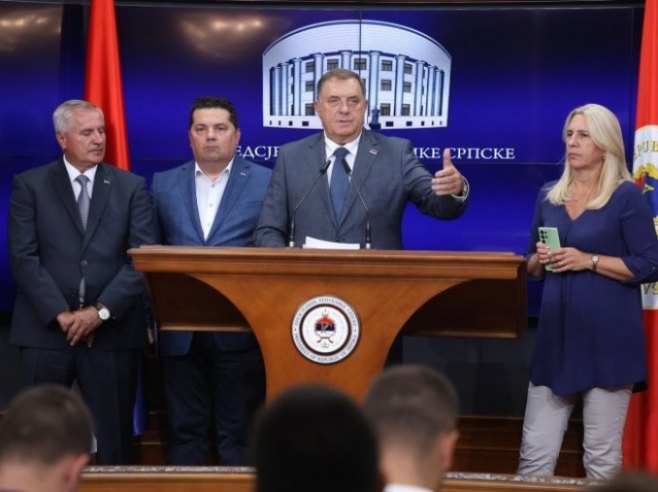The conduct of the U.S. Ambassador to Bosnia and Herzegovina, Michael Murphy, has long since crossed the boundaries of standard diplomatic behavior and entered the realm of political activism. Murphy does not act as a neutral representative of a foreign state but rather as an opposition leader—a behavior unheard of for an ambassador in a sovereign country.
By: Željko Avramović
Murphy could more aptly be described as the unofficial president of the SDA than as the U.S. ambassador. His stance on leaders and political processes in Bosnia and Herzegovina reveals a deeply ingrained perception that BiH is his personal domain, with its inhabitants merely subjects.
This approach is not merely a diplomatic misstep but reflects attitudes uniquely characteristic of the U.S. envoy to BiH. It demonstrates a fundamental lack of respect for the host country. Murphy comments on every topic in BiH, whether it concerns internal political processes or issues vital to the people and leaders of Republika Srpska.
Rather than exercising restraint and respecting the sovereignty of his host country, Murphy’s actions deliberately undermine trust in institutions and local leaders. Whether consciously or not, he has contributed to the division of BiH. When Dalmatia is sanctioned, all of Croatia suffers; when Vojvodina is sanctioned, all of Serbia feels the consequences.
Murphy believes that by punishing Republika Srpska, he strengthens BiH. His bleak predictions about BiH’s future in the EU stem from his desire to keep the country subjugated and humiliated.
Milorad Dodik, the President of Republika Srpska, is not merely a leader but a symbol of sovereignty in his part of BiH. Unfortunately, Murphy persistently ignores this fact and acts as Dodik’s political opponent rather than as a guest. Murphy’s behavior highlights a broader problem in U.S. diplomacy, which still relies on outdated approaches as though the world has not evolved.
Murphy is, in fact, a relic of an era that collapsed at the beginning of the 21st century—an era when U.S. administrations believed they could impose their version of liberal democracy globally by force. That era, which heralded the “end of history” and the triumph of globalized liberalism, has long since ended. Today, the world is dominated by sovereignty and realpolitik—principles that once made the West a model of strength and respect.
Murphy and others like him have failed to grasp this new order. Their attempts to dictate political directions and impose agendas face growing resistance even within BiH, as leaders like Milorad Dodik, and increasingly others, resist such approaches and insist on their people’s right to self-determination. Similarly, the policies of U.S. President-elect Donald Trump have demonstrated how sovereignty and economic realism are regaining prominence.
Trump has understood what Murphy and his fading generation cannot—that the era of dictation is over, and people increasingly turn to leaders who respect national interests and the democratic will of the people.
Everything functional in BiH has been the result of agreements among representatives of the three peoples. Conversely, all imposed solutions have been—and continue to be—sources of discord.
Murphy remains a misplaced actor on the political stages of BiH and the U.S. While the world rushes toward reclaiming sovereign rights and realpolitik, he clings to long-outdated ideals. His words echo as relics of a past that will not return, while ideas symbolizing a new reality resonate—a reality where nations take control of their lives, economies, and national interests, rejecting the experiments of bureaucrats like Murphy.
This new era demands a different kind of leadership—one that does not accept subordination or dictate but insists on respect and sovereignty. Michael Murphy remains bound to the past, but the world has long moved on.
Source: Banjaluka.net









